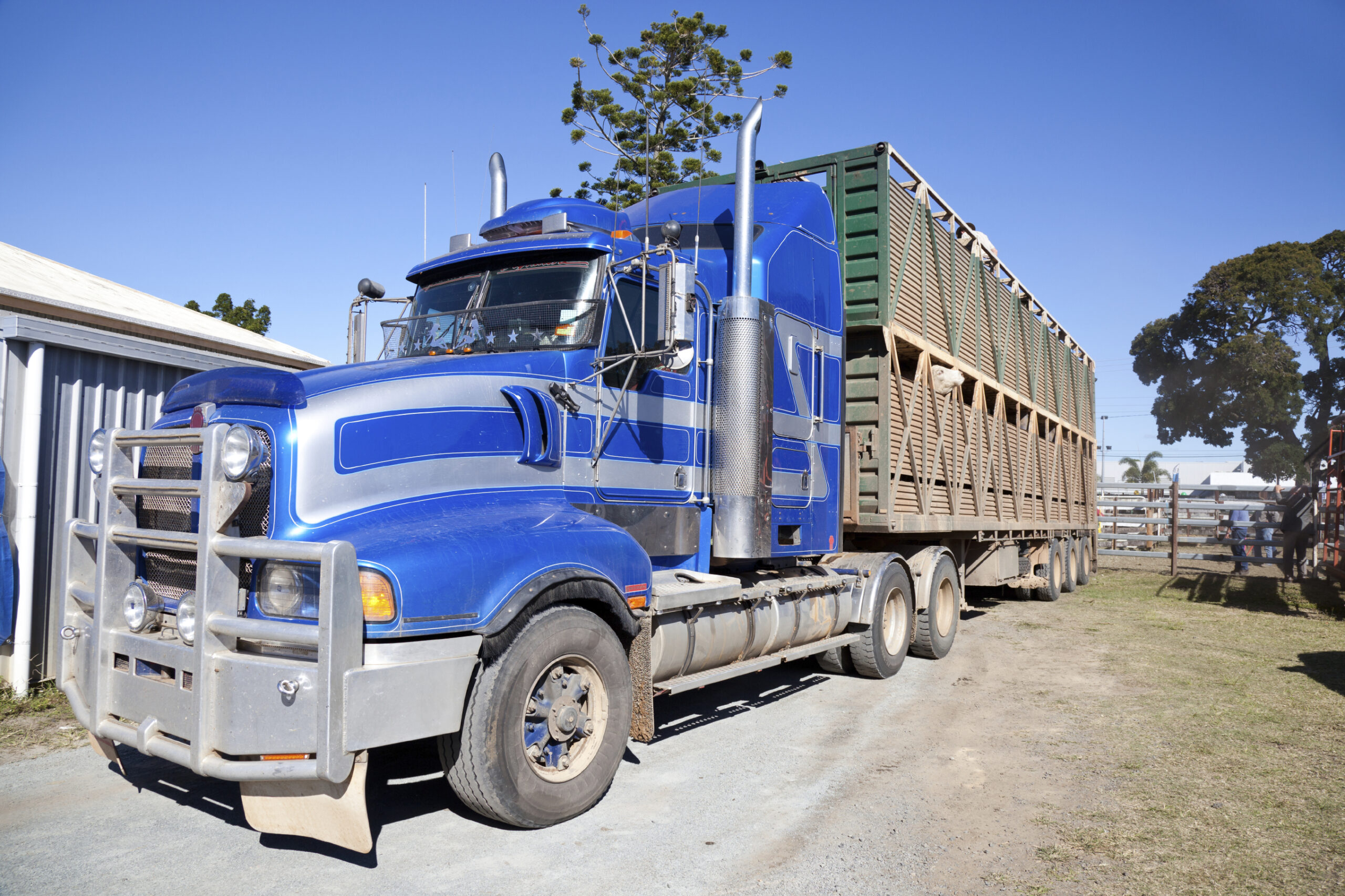The VFF is urging the Victorian Government to consider a complete overhaul of the state’s truck wash network to plug major gaps in Victoria’s biosecurity preparedness safety net.
VFF Livestock President Scott Young said the recent closure of the truck wash facility at the Pakenham saleyards has exposed how fragile the state network is.
“Our biosecurity safety net is only as strong as its weakest point and with the closure of the Pakenham facility, we’re left vulnerable.”
“Truck washes are a vital part of keeping of our industry safe and detecting any potential threats. In the event of an emergency animal disease, the need for an efficient and effective truck wash network would be central to a statewide response.”
“We’re calling for an overhaul of state’s truck wash network. Metroplitan Melbourne is a major route for truck movements, so it makes sense to establish more truck washes on key arterials, such as the Western Ring Road or Hume Highway.”
“There’s arguably no bigger threat to Australian agriculture than a large-scale biosecurity outbreak. We see investing in this infrastructure as insurance to help protect our multi-billion dollar industry,” Mr Young said.
In addition to the new truck wash, the VFF has outlined a raft of recommendations to government:
- The implementation of a best practice ‘guide’ for trucks washes including minimum standards and guidelines.
- Further work undertaken to better understand the role truck washes have within AUSVETPLAN and how the truck wash network could be utilised in the event of a EAD outbreak.
- Scoping of a new facility as well as dedicated effluent management within the greater Melbourne area and dedicated government funding to maintain and upgrade existing truck washes.
- The development (through consultation with the wider industry) of a site-specific needs analysis for a new facility to be built in an area/areas that meets the needs of livestock, livestock transports and the processing sector.
- Ensuring that a new facility uses the latest technology to enable best practice biosecurity.
